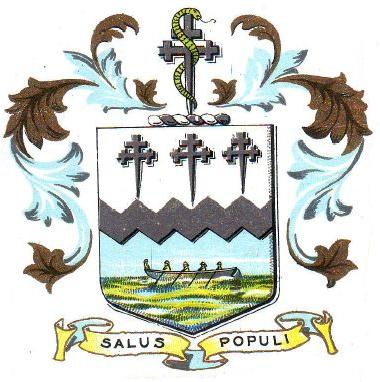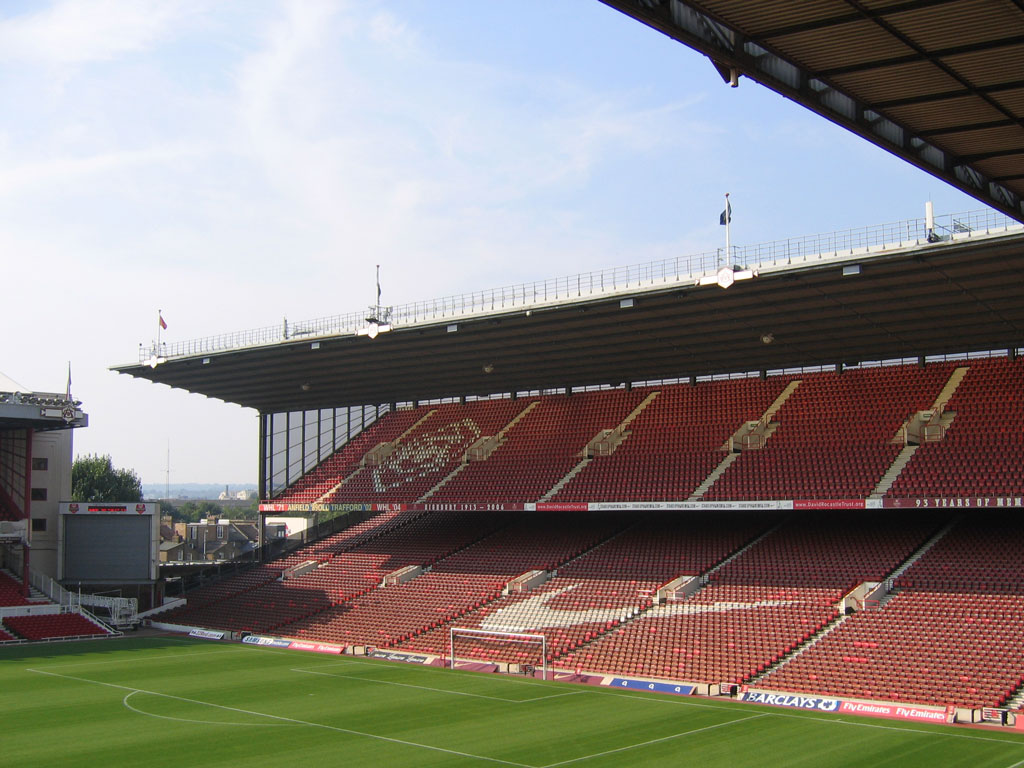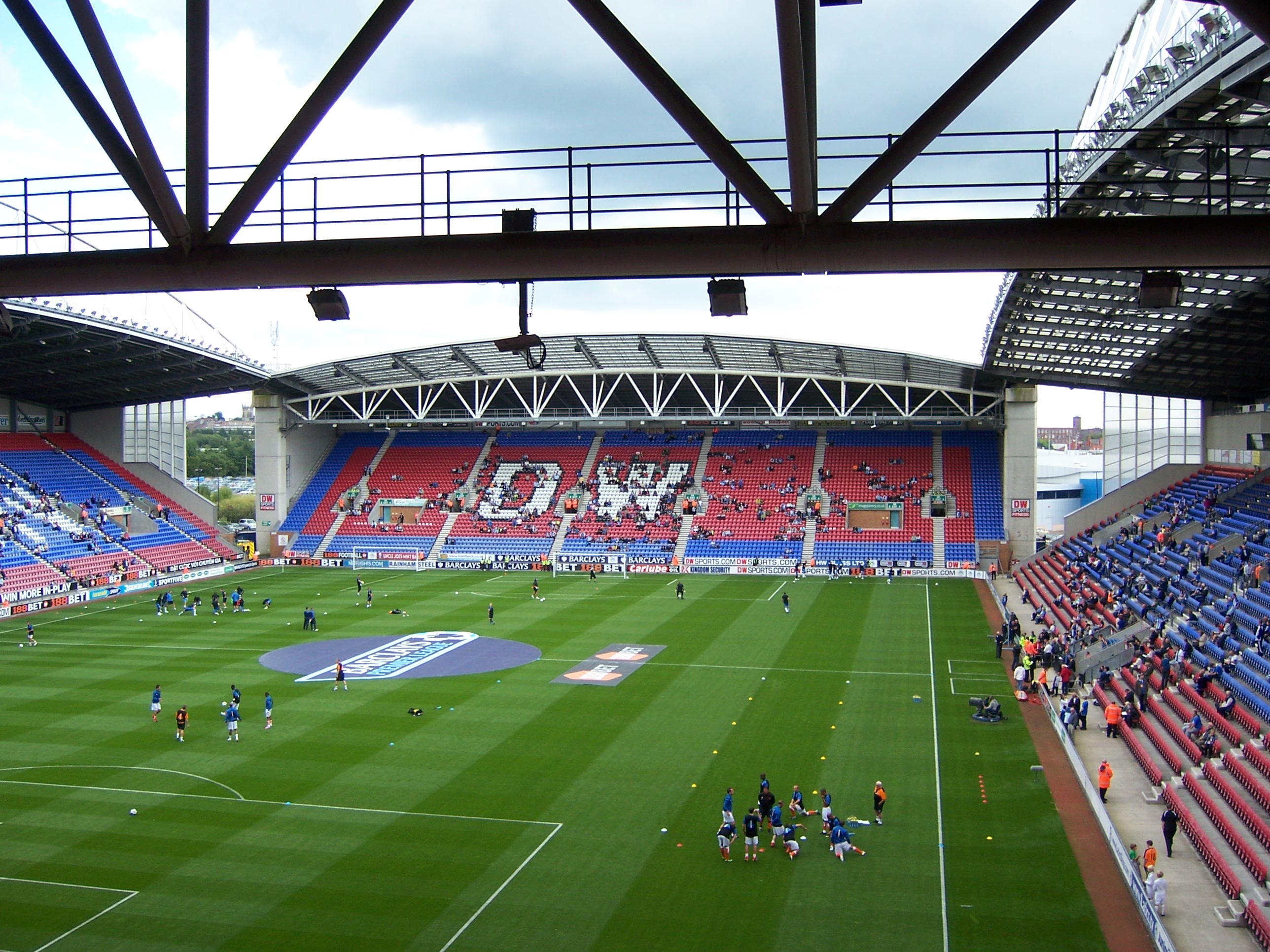|
Bill Eckersley
William Eckersley (16 July 1925 – 25 October 1982) was an English footballer. He played as a fullback, spending his entire playing career at Blackburn Rovers. Football career Eckersley was born at Southport and after finishing school worked as a lorry driver. He was playing amateur football for High Park in 1947 when he was recommended to Blackburn Rovers by High Parker, Johnny Fairhurst, who signed for Blackburn Rovers himself in 1938. Although he retained his driving job, he signed as an amateur for Rovers later that month. He initially played in Rovers' reserves where his form was sufficiently good for him to be offered professional terms in March 1948. He made his Football League debut in the final match of the 1947–48 season, with Blackburn already doomed to relegation. Although Blackburn were to spend the next ten seasons in the Second Division, Eckersley's consistent performances led to him being considered one of the best full-backs in the country, and despite not ... [...More Info...] [...Related Items...] OR: [Wikipedia] [Google] [Baidu] |
Southport
Southport is a seaside town in the Metropolitan Borough of Sefton in Merseyside, England. At the 2001 census, it had a population of 90,336, making it the eleventh most populous settlement in North West England. Southport lies on the Irish Sea coast and is fringed to the north by the Ribble estuary. The town is north of Liverpool and southwest of Preston. Within the boundaries of the historic county of Lancashire, the town was founded in 1792 when William Sutton, an innkeeper from Churchtown, built a bathing house at what is now the south end of Lord Street.''North Meols and Southport – a History'', Chapter 9, Peter Aughton (1988) At that time, the area, known as South Hawes, was sparsely populated and dominated by sand dunes. At the turn of the 19th century, the area became popular with tourists due to the easy access from the nearby Leeds and Liverpool Canal. The rapid growth of Southport largely coincided with the Industrial Revolution and the Victorian er ... [...More Info...] [...Related Items...] OR: [Wikipedia] [Google] [Baidu] |
Hungary National Football Team
The Hungary national football team ( hu, magyar labdarúgó-válogatott) represents Hungary in men's international football and is controlled by the Hungarian Football Federation. The team has made 9 appearances in the FIFA World Cup and 4 appearances in the European Championship, and plays its home matches at the Puskás Aréna, which opened in November 2019. Hungary has a respectable football history, having won 3 Olympic titles, finishing runners-up in the 1938 and 1954 World Cups, and third in the 1964 UEFA European Football Championship. Hungary revolutionized the sport in the 1950s, laying the tactical fundamentals of Total Football and dominating international football with the remarkable Golden Team which included legend Ferenc Puskás, one of the top goalscorers of the 20th century, to whom FIFA dedicated its newest award, the Puskás Award. The side of that era has the all-time highest Football Elo Ranking in the world, with 2230 in 1954, and one of the longest ... [...More Info...] [...Related Items...] OR: [Wikipedia] [Google] [Baidu] |
Arsenal Stadium
Arsenal Stadium was a football stadium in Highbury, London, which was the home of Arsenal Football Club between 6 September 1913 and 7 May 2006. It was popularly known as "Highbury" due to its location and was given the affectionate nickname of the "Home of Football" by the club. It was originally built in 1913 on the site of a local college's recreation ground and was significantly redeveloped twice. The first reconstruction came in the 1930s from which the Art Deco East and West Stands date. There was a second development; the first phase was completed in 1989 which added executive boxes to the Clock End, and afterwards in 1993 a new North Bank Stand was constructed, both following the recommendations of the Taylor Report which replaced the terraces to make the stadium an all-seater with four stands. However, further attempts to expand the stadium were blocked by the community, and the resulting reduction in capacity and matchday revenue eventually led to Arsenal opting to ... [...More Info...] [...Related Items...] OR: [Wikipedia] [Google] [Baidu] |
Group 2 , a proposed informal special relationship between the United States and the People's Republic of China
{{disambig ...
The term Group 2 may refer to: * Alkaline earth metal, a chemical element classification * Astronaut Group 2, also known as The New Nine, the second group of astronauts selected by NASA in 1962 * Group 2 (motorsport), an FIA classification for cars in auto racing and rallying that preceded Group A * Group 2, the second level of worldwide Thoroughbred horse races * Group 2 fax machine - Group 1 & Group 2 are obsolete analog standards for sending faxes * Group of Two The Group of Two (G-2 or G2) is a proposed informal special relationship between the People's Republic of China and the United States of America. Originally initiated in 2005 by C. Fred Bergsten as primarily an economic relationship, it began ... [...More Info...] [...Related Items...] OR: [Wikipedia] [Google] [Baidu] |
Ewood Park
Ewood Park () is a football stadium in Blackburn, Lancashire, England, and the home of Blackburn Rovers F.C., founding members of the Football League and Premier League, who have played there since 1890. It is an all seater multi-sports facility with a capacity of 31,367, and four sections: the Bryan Douglas Darwen End, Riverside Stand, Ronnie Clayton Blackburn End, and Jack Walker Stand, named after Blackburn industrialist and club supporter, Jack Walker. The football pitch within the stadium measures The "old" Ewood Football had been played on the site since at least 1881; Rovers played four matches there when it was known as Ewood Bridge and was most likely little more than a field. Their first match was against Sheffield Wednesday on 9 April 1881. Ewood Park was officially opened in April 1882 and during the 1880s staged football, athletics and some form of greyhound racing (not oval). Rovers moved back in during 1890, signing a ten-year lease at an initial annual rent ... [...More Info...] [...Related Items...] OR: [Wikipedia] [Google] [Baidu] |
Testimonial Match
A testimonial match or testimonial game, often referred to simply as a testimonial, is a practice in some sports, particularly in association football in the United Kingdom and South America, where a club has a match to honour a player for service to the club. These matches are always non-competitive. History The practice started at a time when player compensation, even those at top professional clubs, was at a level that made it difficult to maintain it as a primary form of employment therefore retirement savings might not exist. These matches are generally well-attended and the gesture by the club can give the honoree income that enables a retirement income base or enable the honoree an opportunity to establish themselves in other employment when they finished playing. This is still the main objective of testimonials in Australia, Ireland and some other countries. Clubs typically grant testimonials to players upon reaching ten years of service with a club, although in recent ... [...More Info...] [...Related Items...] OR: [Wikipedia] [Google] [Baidu] |
Dave Whelan
David Whelan (born 24 November 1936) is an English businessman and former footballer. During his football career, he played for Blackburn Rovers and Crewe Alexandra. Whelan is the former owner of club Wigan Athletic, having also been the chairman of the club for twenty years, before passing the position over to his grandson, David Sharpe, who eventually passed the ownership over to International Entertainment Corporation. Early life Whelan was born in Bradford and raised in Wigan. His forebears hailed from County Tipperary, Ireland. Football career Whelan played 78 times as a left back, scoring three times, for Blackburn Rovers and was a member of its 1960 FA Cup Final team, which lost 3–0 to Wolverhampton Wanderers. Whelan himself did not complete the game, a feisty challenge from Whelan on Norman Deeley culminated in the Blackburn man being withdrawn before half time due to a broken leg. Whelan's injury is one of many serious injuries suffered by players in the 1950–6 ... [...More Info...] [...Related Items...] OR: [Wikipedia] [Google] [Baidu] |
1960 FA Cup Final
The 1960 FA Cup Final was the 79th final of the world's oldest domestic football cup competition, the FA Cup. It took place on 7 May 1960 at Wembley Stadium in London. The match was contested by Blackburn Rovers and Wolverhampton Wanderers. Wolves won the game and the cup after a 3–0 victory, with a Norman Deeley double after Blackburn defender Mick McGrath had scored an own goal. This was Wolves' fourth and most recent FA Cup success. This was the first time the FA Cup winners would be given a berth for European competition, into the newly formed Cup Winners' Cup. Road to Wembley Blackburn Rovers Wolverhampton Wanderers Background Wolverhampton Wanderers were clear favourites going into the match, having won the league title in the previous two seasons and only being denied a third successive championship during this season, after being pipped by just a single point by Burnley. Blackburn Rovers, on the other hand, had not had a great season, finishing in 17th place ... [...More Info...] [...Related Items...] OR: [Wikipedia] [Google] [Baidu] |
FA Cup
The Football Association Challenge Cup, more commonly known as the FA Cup, is an annual knockout football competition in men's domestic English football. First played during the 1871–72 season, it is the oldest national football competition in the world. It is organised by and named after The Football Association (The FA). Since 2015, it has been known as The Emirates FA Cup after its headline sponsor. A concurrent women's tournament is also held, the Women's FA Cup. The competition is open to all eligible clubs down to Level 9 of the English football league system with Level 10 clubs acting as stand-ins in the event of non-entries from above. Included in the competition are 20 professional clubs in the Premier League (level 1), 72 professional clubs in the English Football League (levels 2 to 4), and all clubs in steps 1–5 of the National League System (levels 5 to 9) as well as a tiny number of step 6 clubs acting as stand-ins for non-entries above. A record ... [...More Info...] [...Related Items...] OR: [Wikipedia] [Google] [Baidu] |
Stan Mortensen
Stanley Harding Mortensen (26 May 1921 – 22 May 1991) was an English professional footballer, most famous for his part in the 1953 FA Cup Final (subsequently known as the "Matthews Final"), in which he became the only player ever to score a hat-trick in a Wembley FA Cup Final. He was also both the first player to score for England in a FIFA World Cup qualifying campaign and the first England player to score in the tournament proper. Wartime career South Shields-born Mortensen went to war in 1939 as a teenage wireless operator and overcame an injury – sustained when his RAF bomber crashed, leaving him as the only survivor – to be signed by Blackpool in 1941. While stationed at RAF Lossiemouth in Scotland, he played several unofficial matches for Aberdeen, also turning out as a guest for Arsenal with an impressive scoring record (25 goals in 19 appearances). During the war, he scored dozens of goals before making a strange piece of history by switching teams to play for W ... [...More Info...] [...Related Items...] OR: [Wikipedia] [Google] [Baidu] |
1949 England V Ireland Football Match
On 21 September 1949 at Goodison Park, Liverpool, the home of Everton, England were defeated 2–0 by Ireland in a friendly international. As a result, Ireland became the first foreign team to beat England at home. In 1953, the Hungarian team known as the ''Mighty Magyars'' defeated England 6–3, to become the second team to do so. Previous games During the 1940s, there were in effect, two Ireland teams, chosen by two rival associations—the Northern Ireland-based Irish Football Association (IFA) and the Republic of Ireland-based Football Association of Ireland (FAI). Both organisations claimed jurisdiction over the whole of Ireland, and selected players from the whole island. As a result, several notable Irish players from this era had played for both teams. The IFA XI had played England regularly since 1882, and claimed their first victory, by a score of 3–0, on English soil at Ayresome Park, Middlesbrough on 14 February 1914, but this was only the second time Englan ... [...More Info...] [...Related Items...] OR: [Wikipedia] [Google] [Baidu] |





